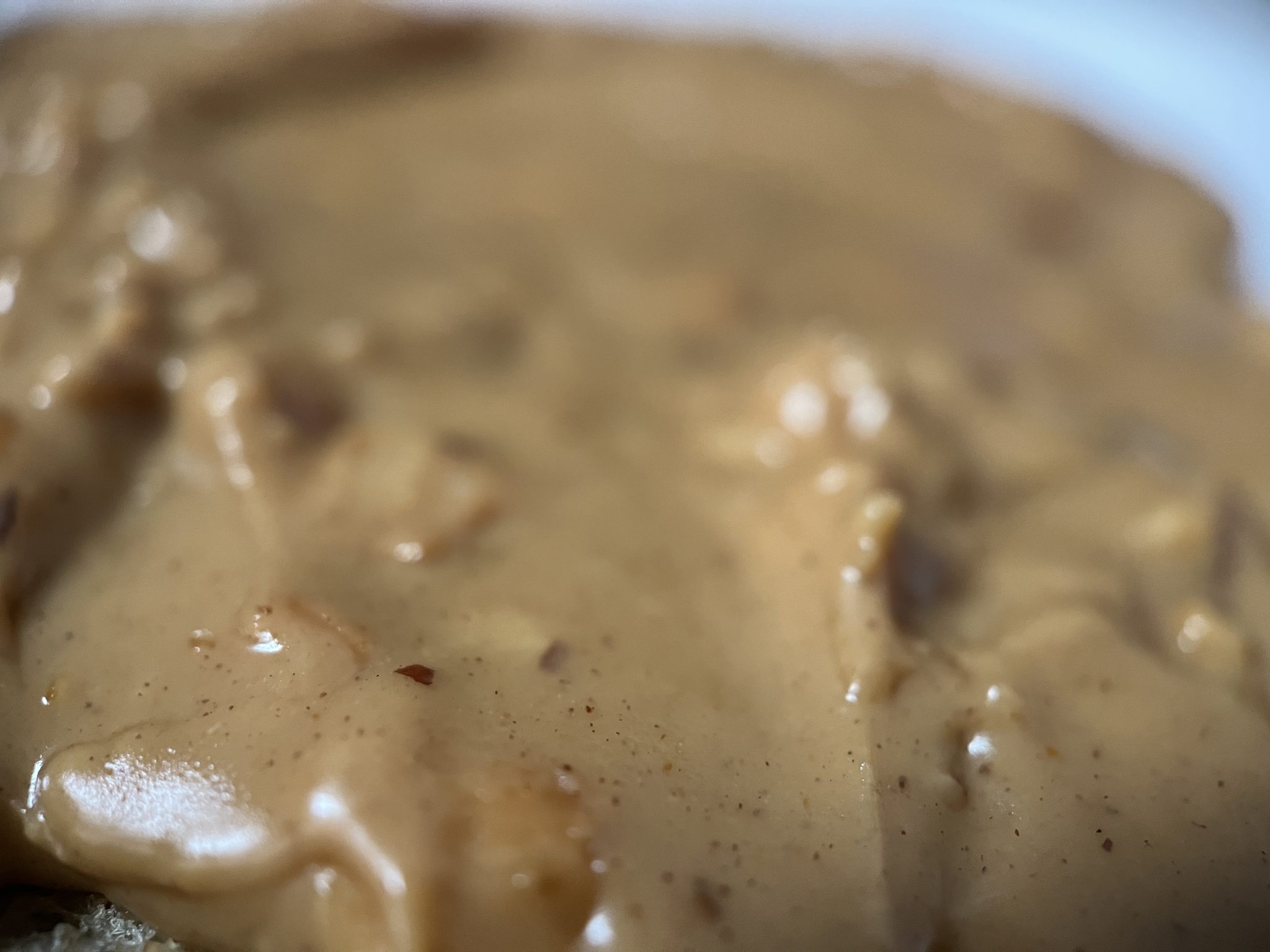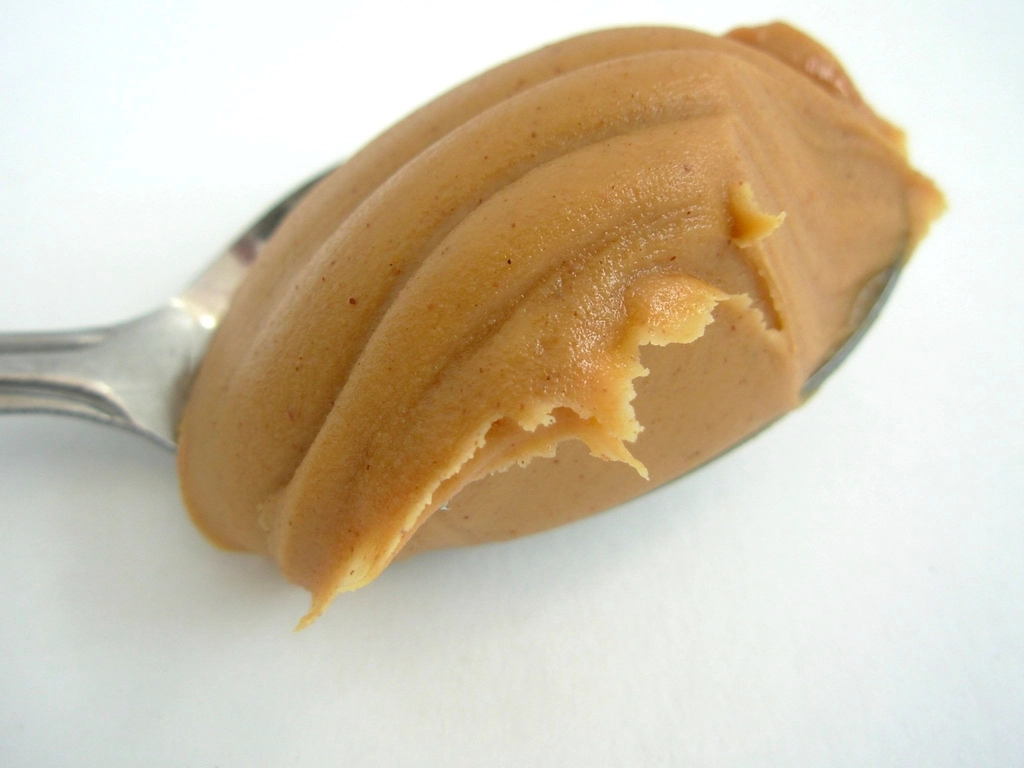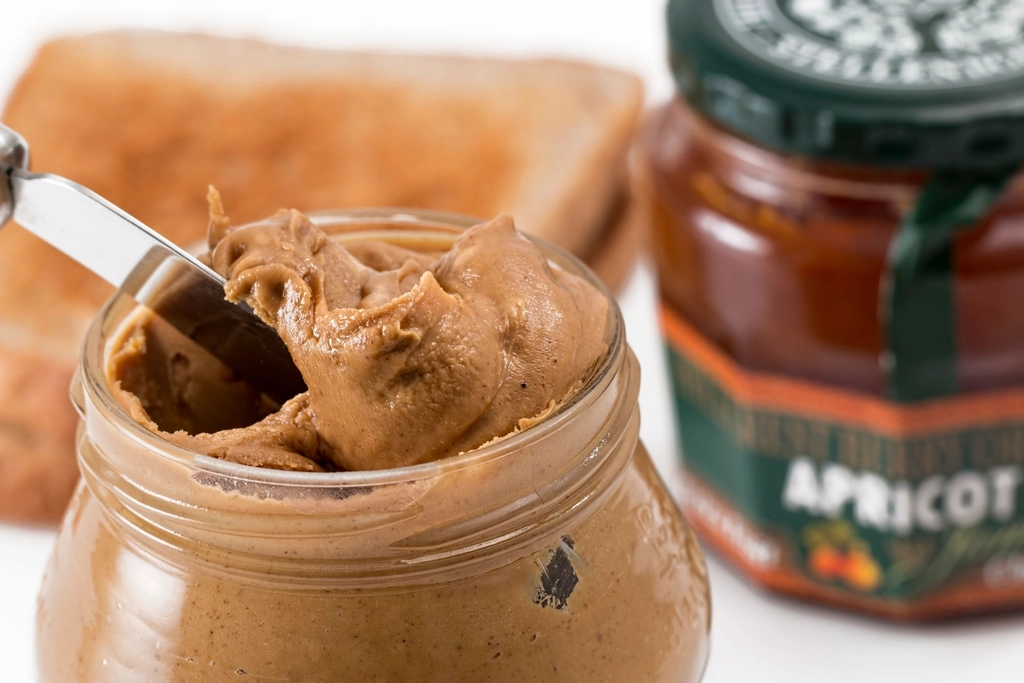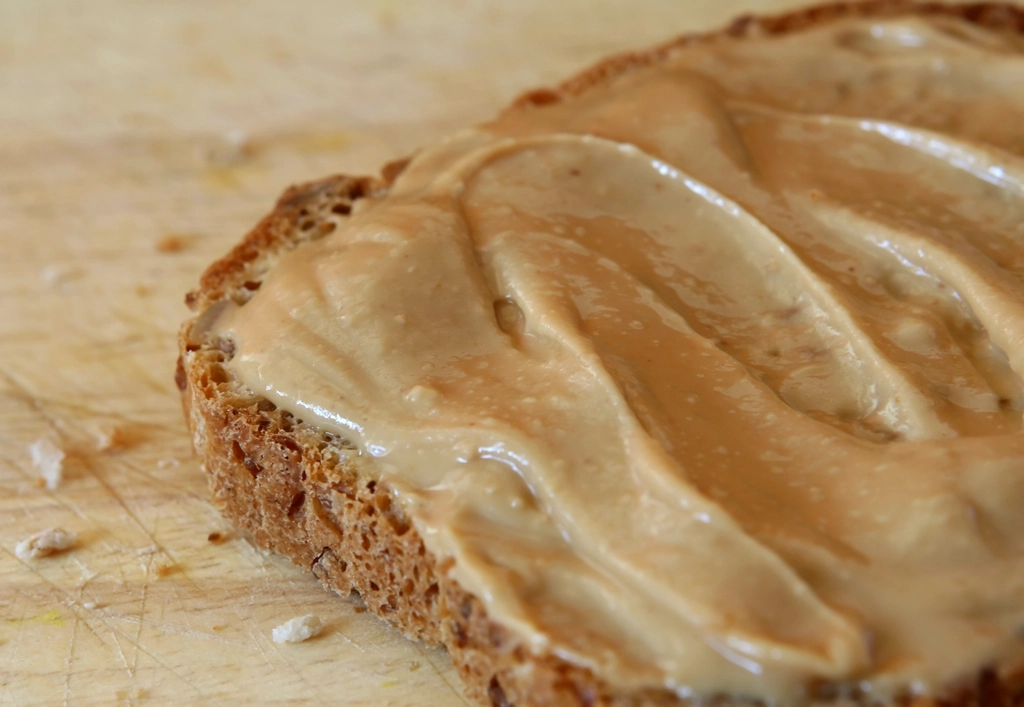Peanut butter is one of those foods that many people can’t imagine living without. Whether spread on toast, paired with fruit, or eaten straight from the jar, it’s a daily ritual for millions. But what actually happens inside your body if you eat peanut butter every day? The answer includes both health benefits and potential downsides.
Supports muscle health

Peanut butter is rich in protein, providing your body with essential amino acids needed to build and repair muscles.
Keeps you fuller for longer

Thanks to a mix of protein and healthy fats, peanut butter helps control hunger and reduces cravings throughout the day.
Boosts heart health

Monounsaturated fats found in peanut butter support healthy cholesterol levels and improve circulation, which is good for your heart.
Also read: New Research: This Home Upgrade Could Lower Your Blood Pressure
Helps manage weight

Studies suggest that moderate peanut consumption can aid in weight management by keeping you satisfied while cutting overall calories.
Provides important nutrients

Magnesium, vitamin E, and potassium are all found in peanut butter, helping support bone strength, immunity, and blood pressure balance.
Enhances gut health

The fiber in peanut butter nourishes the gut microbiome, promoting better digestion and long-term gut wellness.
May raise calorie intake

Because it is calorie-dense, eating too much peanut butter daily can lead to excess calorie consumption and possible weight gain.
Also read: Why Your Shoes Could Be the Cause of Your Chronic Pain
Risk of additives

Some peanut butter brands contain added sugar, hydrogenated oils, or excess salt, which can reduce its overall health benefits.
Concerns for allergies

For those with peanut allergies, even a small amount of peanut butter can trigger serious and potentially dangerous reactions.
Potential toxin risk

Peanuts can sometimes contain aflatoxins, a naturally occurring mold toxin, though reputable brands monitor and minimize this risk.
Artiklen er baseret på informationer fra Health
Also read: How to Make Pesto From Almost Anything in Your Fridge
Also read: These Types of Meat Give You the Most Protein and the Fewest Calories
